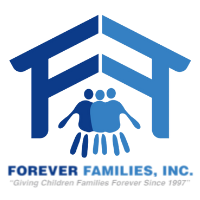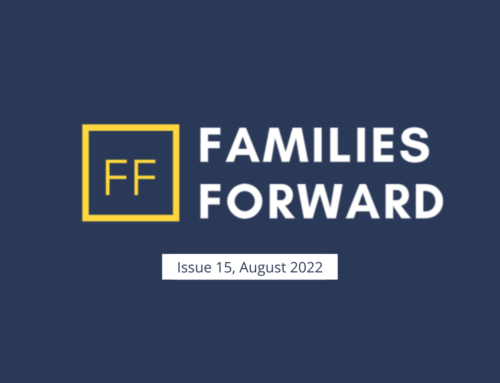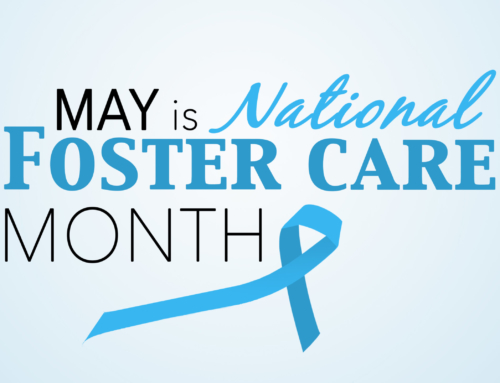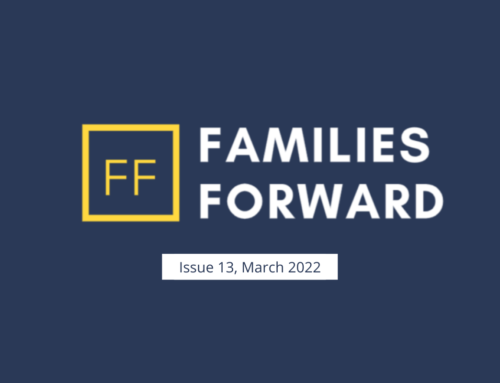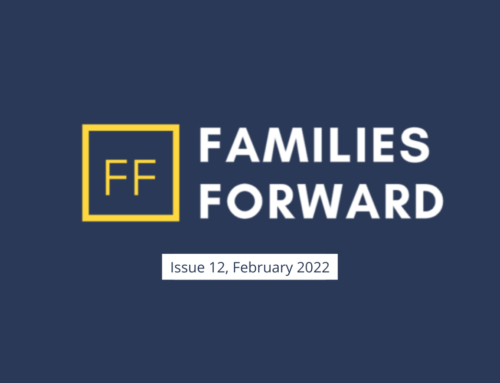It is pretty common knowledge that children in foster care struggle. They struggle emotionally, behaviorally, physically, medically, academically, and the list goes on. These kids need and deserve all the help they can get to assist them with functioning through life. For the children who struggle in school, a worker, foster or adoptive parent, guardian, or relative caregiver can request an evaluation from the school for an IEP or a 504 plan.
What is an IEP? According to the MDHHS foster care policy manual (FOM 723), “an IEP is a written plan for a student who has been determined to have a disability through an evaluation by a multi-disciplinary team. The IEP details the special education and related services that the student receives in the classroom.” This could include the teacher modifying the curriculum for the child, classroom accommodations, specialized instruction, and services such as occupational therapy, physical therapy, speech therapy and/or counseling. IEPs are reviewed annually or sooner if requested.
It would be an incredible disservice to children if children were told that they cannot succeed because of a disability or diagnosis. We need to set them up for lifelong success. IEPs are designed to help a child succeed in the classroom even with diagnoses or limitations. Every child is unique and every IEP is tailored to a specific child. These needs and accommodations are determined based on testing and observation of a child’s performance. ADDitudemag.com states that a good IEP will include the following: Present Levels of Performance, Goals, Benchmarks and Objectives, Least Restrictive Environment, Assistive Technology, and Description of Special Education Services.
What is a 504 Plan? In the same article from ADDitudemag.com, it states that a 504 plan ensures that a student with a disability has access to accommodations that improve academic functioning. A student must have a diagnosis for a physical or emotional disability or impairment that restricts life activities. As opposed to an IEP, a student is not able to receive specialized instruction or related services through a 504 Plan. Some children who have ADHD may need sensory breaks every hour to help them dispel some of that energy that might be distracting them from paying attention. Other children may benefit from taking tests in a small group rather than in the classroom with all of their classmates.
What is the Difference? IEPs are designed for students who qualify for special education. Section 504 of the Rehabilitation Act of 1973, or a 504 Plan, accommodates students who don’t qualify for special education but still need accommodations in the classroom.
What Next? If you feel like a child in your care is struggling in school, it’s time to identify support. According to preacticenotes.org, the IEP process should be collaborative- the entire team should be involved, especially birth parents if they are still active in the child’s life. Practicenotes.org also recommends a review of the child’s records as behaviors may be caused by ongoing academic struggle or learning difficulties; and getting the child a physical- a developmental pediatrician should be thorough, and the exam should include hearing and vision tests to ensure these are not the cause of poor academic performance.
MDHHS foster care policy manual (FOM 723) states that the “child’s parent, guardian, or caregiver can request an evaluation to be completed. The request must be in writing and sent to the special education coordinator/director at the child’s school.”
If you are an adoptive parent whose adopted child is struggling academically, you will not need to involve the birth parents or foster care worker as the foster care case is closed. You are welcome to reach out to the agency for guidance or assistance if needed.
Additional information can be found at the following sites:
https://dhhs.michigan.gov/OLMWEB/EX/FO/Public/FOM/723.pdf#pagemode=bookmarks (IEP info on page 14)
https://www.additudemag.com/iep-vs-504-plan-idea-adhd-disability-education/

